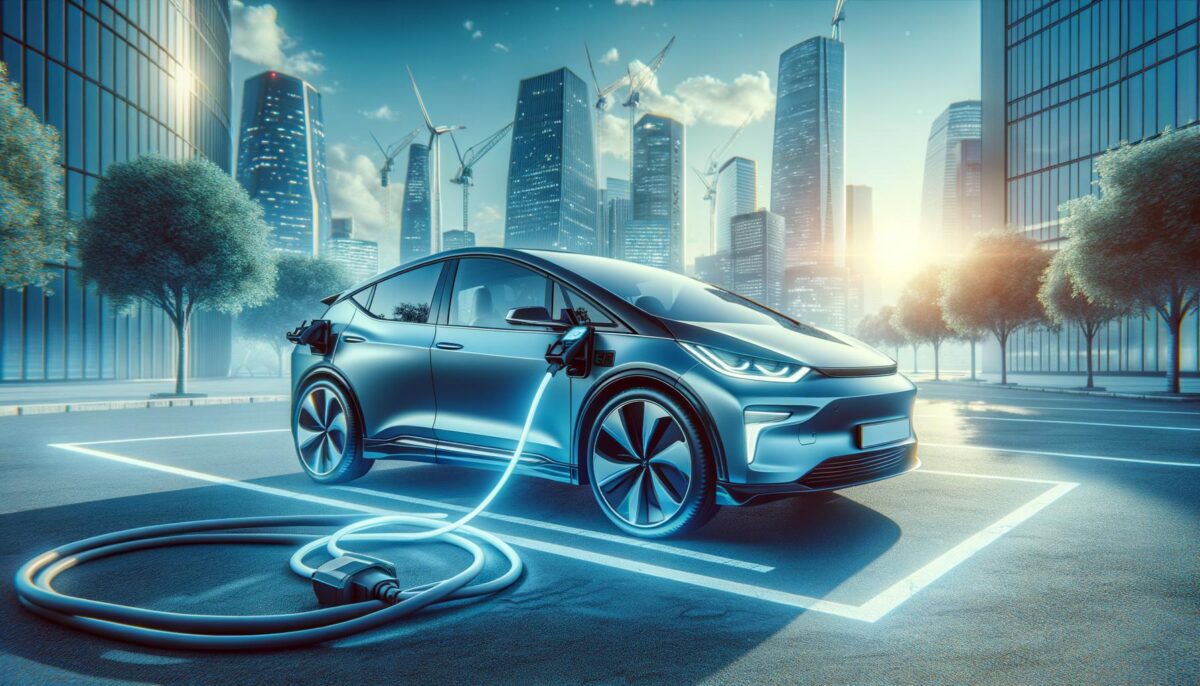The Rise of Electric Cars
The automotive industry has witnessed a significant shift towards sustainability, and the electric car stands at the forefront of this movement. Over the past decade, there has been a remarkable transformation in the perception and adoption of electric vehicles (EVs). This change is driven by increasing environmental concerns, advancements in battery technology, and supportive government policies. Countries around the globe are incentivizing the transition from conventional vehicles to their electric counterparts through tax benefits and subsidies. Consequently, manufacturers are investing heavily in research and development to produce electric cars that are both affordable and high-performing.
Electric cars offer numerous advantages over traditional internal combustion engine vehicles. These include reduced emissions, lower fuel costs, and decreased dependence on fossil fuels. As electric cars become more prevalent, they contribute to a reduction in greenhouse gas emissions, playing a crucial role in combating air pollution and climate change. With these benefits, the adoption of electric cars is poised to accelerate, making them an integral part of future urban planning and sustainable development strategies.
Understanding Electric Car Technology
At the heart of the electric car revolution is the advanced technology that powers these vehicles. Unlike traditional cars that rely on gasoline or diesel, electric cars use electricity stored in batteries to run an electric motor. One of the key components of electric cars is the lithium-ion battery, known for its efficiency and long lifespan. Battery technology has seen substantial improvements in recent years, with developments in charging times, storage capacity, and durability.
Some of the features that define electric cars include:
- Regenerative braking: This process transforms the kinetic energy from braking into electrical energy, which is then stored in the battery.
- Electric powertrains: These allow for a smoother and quieter ride compared to conventional vehicles.
- Advanced software systems: Electric cars often come with sophisticated software that optimizes battery management and energy efficiency.
As battery technology advances, the range of electric cars continues to extend, alleviating concerns about the distance these vehicles can travel on a single charge. Furthermore, the development of fast-charging technologies is enhancing the convenience and feasibility of electric cars for daily commuting.
Challenges in Electric Vehicle Adoption
Despite the advantages, several challenges hinder the widespread adoption of electric cars. One of the primary obstacles is the establishment of a reliable and extensive charging infrastructure. Although urban areas are increasingly equipped with charging stations, rural regions still lag behind. This disparity can deter potential buyers who are worried about access to charging facilities.
Moreover, the initial cost of purchasing an electric car remains a barrier for many consumers. Although operating costs are typically lower than those of traditional cars, the upfront cost can be prohibitive without financial incentives or subsidies. In addition, consumer perceptions about battery life, range anxiety, and vehicle performance can influence purchasing decisions.
To overcome these challenges, ongoing efforts are being made by governments, manufacturers, and private entities to expand charging networks and reduce the cost of electric cars through technological innovations and economies of scale.
Electric Cars and the Environment
One of the most compelling reasons for the push towards electric vehicles is their environmental benefits. Unlike conventional vehicles, electric cars produce zero tailpipe emissions, significantly reducing air pollution, particularly in urban areas. This reduction in emissions translates to improved air quality and benefits for public health.
Furthermore, electric cars can contribute to energy security by reducing dependence on oil. By shifting to electricity as a primary energy source, countries can diversify their energy mix and rely more on renewable energy sources such as wind, solar, and hydro power. This transition supports global efforts to mitigate climate change and reduce the carbon footprint of human activity.
As more electric cars come onto the roads, the cumulative positive impact on the environment becomes more pronounced, making them a sustainable option for future transportation solutions.
The Future of Electric Cars
The prospects for electric cars are undeniably bright as the automotive industry continues to evolve towards sustainability and innovation. Technological advancements promise to further enhance the efficiency and capabilities of electric cars, making them more accessible and appealing to a broader audience.
In the coming years, we can expect to see electric cars equipped with more autonomous features, leading to the development of smart and connected transportation systems. These systems aim to improve the safety, convenience, and efficiency of urban mobility, reshaping how people perceive personal and public transportation.
As countries and cities set ambitious goals for reducing carbon emissions and promoting green technologies, electric cars will play a vital role in achieving these environmental objectives. In conclusion, embracing this transformative technology is not only beneficial for individual users but also crucial for developing a sustainable and eco-friendly future for generations to come.
